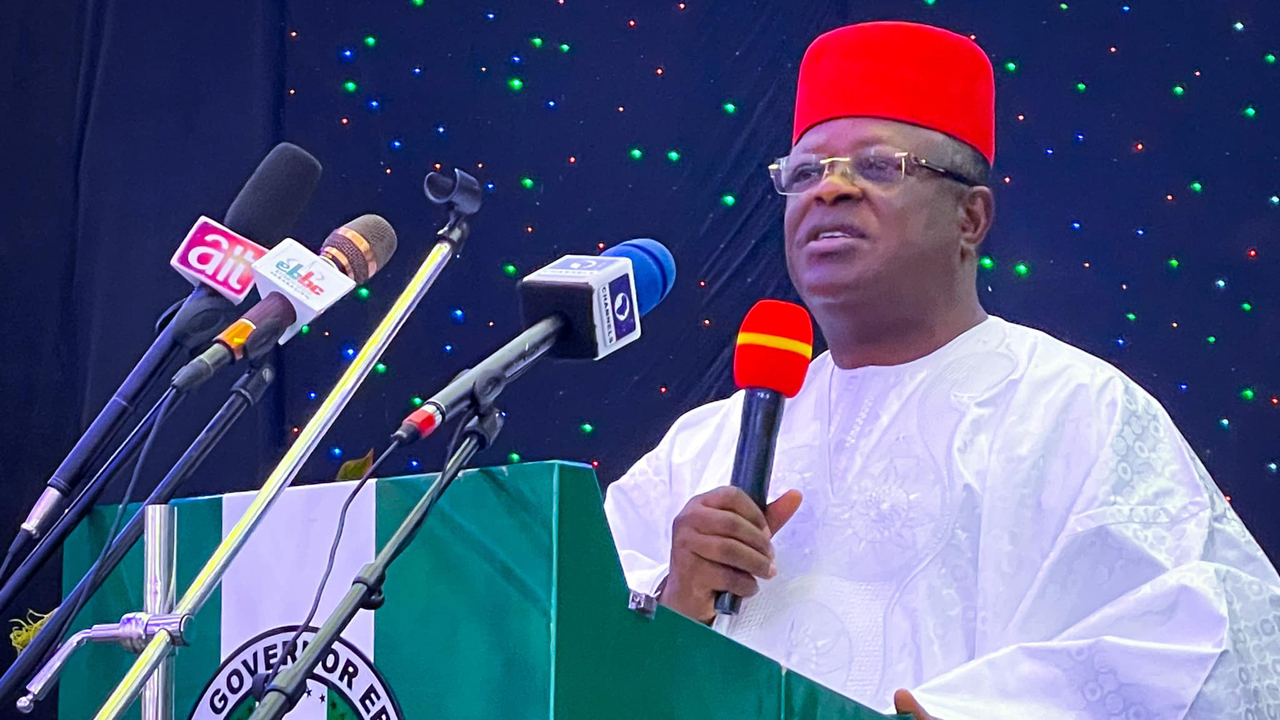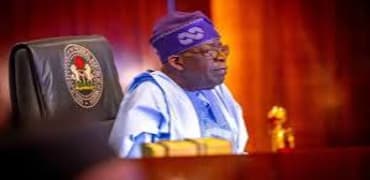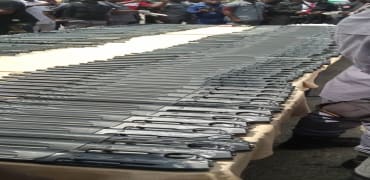FG Deploys Robots to Prevent Catastrophic Collapses of bridges Nationwide
FG Deploys Robots to Prevent Catastrophic Collapses of bridges Nationwide
By Achimi Muktar
In a bold and futuristic move to prevent potential disaster, the Federal Government has announced plans to deploy robotic diving machines to inspect the underwater structures of Nigeria’s aging bridges — a decision that could mark a major turning point in the nation’s infrastructure management.
Speaking at a stakeholders’ engagement in Lagos on Sunday, Minister of Works, Senator Dave Umahi, revealed that Nigeria is entering a new phase of bridge safety and monitoring, triggered by the growing concern over the integrity of decades-old structures.
“We are going to locate a robotic kind of machine that will be able to do the diving to allow us to see everything happening under the water in all our bridges,” Umahi declared.
This shift comes as the government faces unsustainable costs in hiring human divers for routine underwater bridge assessments — a method Umahi says is no longer viable.
“Hiring divers to go under the water to check what is happening inside is causing a lot of money,” he said.
The Minister confirmed that the government will partner with HITECH Construction Company, led by Mr. Danny Abboud, to source and acquire these advanced robotic systems capable of performing deep-sea inspections efficiently and cost-effectively.
But the urgency goes beyond cost.
Bridge Emergency Declared
Senator Umahi didn't mince words, declaring what he called a “bridge emergency” across the country. He emphasized that many of Nigeria’s critical bridges have not undergone proper structural evaluations since their construction — some dating back over 50 years.
“We want to declare, I don’t know the word to use, bridge emergency, on our bridges, to know what is happening 53 years after we constructed these bridges, not only in Lagos but nationwide,” he warned.
The concern is real — and potentially dangerous.
Dredging Ban Near Bridges
Citing recent inspections near the Third Mainland Bridge, Umahi disclosed alarming findings: illegal dredging activities dangerously close to bridge foundations. He said Julius Berger, one of the firms overseeing the bridge’s integrity, warned that the continued dredging could lead to a catastrophic collapse.
“All the piles in Lagos are being held by skin friction... if you remove the sand, the piles will start dangling. It is very dangerous,” Umahi explained.
As a result, the Federal Executive Council has now banned all dredging activities within a 10km radius of any bridge in Nigeria. Umahi called for active collaboration with the Nigerian Navy to patrol waterways and halt illegal sand mining operations threatening national infrastructure.
Commissioning Begins May 1
Looking ahead, Umahi announced that President Bola Ahmed Tinubu will begin commissioning completed infrastructure projects starting May 1, 2025, with even more set to roll out before the end of the year — a sign of the administration’s commitment to restoring public trust in national development.
“I want Nigerians to have hope in the Renewed Hope administration,” Umahi said. “We are building for the future and inherited projects are given adequate attention.”
With bridges under watch and technology leading the charge, the government’s new strategy may just be the lifeline Nigeria’s infrastructure needs — before it's too late.





















